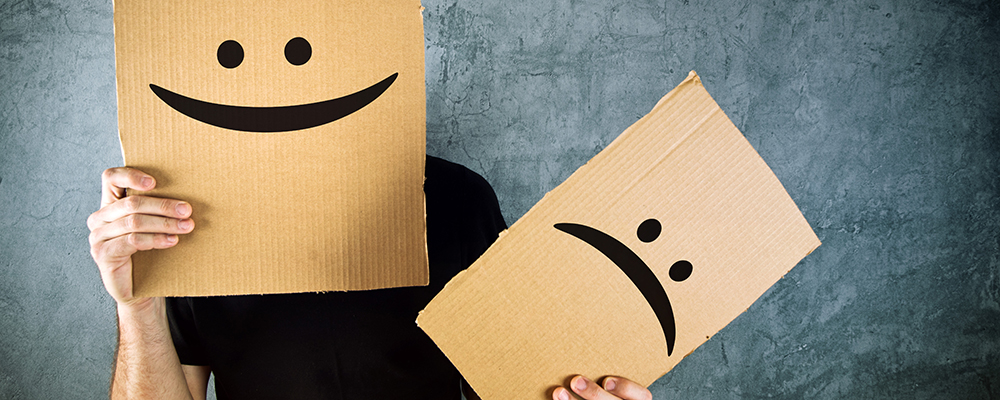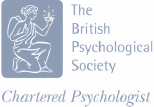Latest Videos | Latest Articles
1. What is bipolar disorder?
People commonly refer to the word ‘bipolar’ in their everyday life, when they want to refer to mood swings throughout the day. Most people experience mood swings on some days and it is common that both internal and external factors can influence our mood. However, when someone experiences extreme mood swings that range from severe depression to extreme alertness and excitement then it is possible that this person might be suffering from bipolar disorder. These fluctuations in mood are different from the ups and downs that most people experience during their life. People who experience bipolar disorder have periods of depression that include extreme low mood and despair, commonly followed by periods of mania that include overactive and extreme excitement.
2. Causes, signs and symptoms
Bipolar disorder can be heritable and this genetic predisposition can set the stage for its onset. A family history of bipolar disorder significantly increases the chance of developing bipolar disorder. However, it can often take other environmental and psychological factors for bipolar disorder to occur. There are a number of things that can trigger the development of bipolar disorder including severe stress, physical, sexual or psychological abuse, death or loss of a loved one, serious life events, major life transitions and substance abuse.
The most common characteristics of bipolar disorder are the extreme mood swings, which range from depression to mania. In each episode, a person will experience significant changes in mood and behaviour. There are also changes in sleep, activity and energy. Symptoms in depressive episodes include long periods of low mood and hopelessness; feelings of fatigue, irritability, anger and restlessness; suicidal thoughts; difficulties concentrating and memory loss; impaired appetite, increased sleep; and feelings of guilt, self-doubt, despair and pessimism. While, symptoms of manic episodes include long periods of feeling high, happy or irritable; rapid speech and flight of ideas; increased activity, often beyond common levels, limited sleep and increased restlessness; impaired appetite; reduced concentration; impaired decision making skills that are often linked with unrealistic beliefs; and some also experience delusions (e.g. hallucinations or illogical thinking).
3. Diagnosis
For someone to be diagnosed with bipolar disorder, the person will experience mood and behaviour changes that will affect and interrupt the daily routine. There are four types of bipolar disorders: Bipolar I Disorder, which can be diagnosed when the person has manic or mixed episodes for at least 7 days and also milder depressive episodes for at least 2 weeks; Bipolar II Disorder, which can be diagnosed when the person experiences depressive episodes and milder manic episodes (i.e. hypomania); Bipolar Disorder – Not Otherwise Specified, in which the person experiences many symptoms, but not enough to meet the criteria for Bipolar I or II disorder; and cyclothymia, in which the person experiences a milder form of bipolar disorder (e.g. hypomania and mild depression) for at least 2 years.
4. Bipolar disorder treatment
Bipolar disorder is almost always treated with medication, but the most effective treatment is recommended to be a combination of prescribed medications and psychotherapy. According to the National Institute for Health Care Excellence (NICE), the recommended psychotherapy for bipolar disorder is Cognitive Behavioural Therapy (CBT). This is a type of therapy that focuses on the connection between thoughts, emotions and behaviour and teaches the person new ways of thinking and behaving. CBT focuses on identifying negative thinking patterns and harmful behaviour. Over time negative thoughts and harmful behaviours are changed so that people can develop a more balanced life. CBT would normally also include an element of psycho-education, which incorporates educating the person about their illness and helping them recognise signs of a depressive or manic episode. Bipolar disorder can often have a destructive impact on families and as a result System Therapy may also regularly be used to treat bipolar disorder.
Bipolar disorder can also be treated through the use of medication and your GP or Psychiatrist will be able to provide you with guidance on what medication to take. At present there are three recommended medications for bipolar disorder: antidepressants, antipsychotics and mood-stabilizers. Some of these medications start working immediately whilst others take several weeks to start working. Common to all medication is that it may cause side effects and some medication should not be taken for prolonged periods of time.










